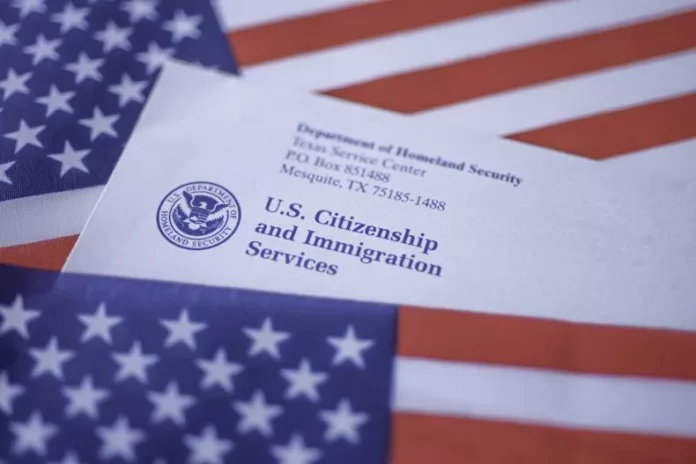
By Samuel A. Lopez – USA Herald
The U.S. Citizenship and Immigration Services (USCIS) has officially announced that the H-1B visa registration period for 2025 will begin on March 7th, continuing the annual tradition of offering high-skilled workers a chance to apply for one of the 80,000 coveted spots.
However, this year’s process comes amid increasing concerns about the changing lottery system, which could make it more difficult for those affected by the recent wave of tech industry layoffs, particularly from major players like Meta, to secure a path to stay in the United States.
Previously, the H-1B lottery system was based on the number of registrations submitted for a given individual. If an employer submitted multiple registrations for the same applicant, it increased that person’s chances of being selected. But this year, the lottery system is changing. Now, each foreign worker can only be registered once, regardless of how many employers submit applications on their behalf.
This shift is intended to prevent the abuse of the system, where employers could submit multiple registrations for the same applicant in order to improve their chances of selection. In essence, the new system focuses on “unique beneficiaries” — ensuring that each foreign worker can only be considered once, regardless of the number of employers involved. The change aims to create a more equitable and fair selection process, which has been hailed by some as a necessary reform, but it also raises questions about its impact on foreign workers already grappling with the challenges of unemployment.
For those affected by the recent tech layoffs, the new system is further complicating an already challenging situation. Thousands of foreign workers with H-1B visas were laid off by prominent tech companies like Meta, Microsoft, and Google. These workers, who had relied on the stability of their employers for their legal status in the U.S., now face an uphill battle in securing another job before their visa status becomes untenable.
With the new lottery system, even if a laid-off worker is able to find a new employer willing to sponsor their visa, their chances of being selected in the lottery are significantly reduced. This creates a difficult situation for these workers who may find themselves unable to stay in the U.S. due to the new lottery process.
The H-1B visa program has long been a key avenue for skilled foreign workers to enter the U.S. and contribute to industries ranging from technology to healthcare. But with the new system in place, critics argue that the changes could have unintended consequences, especially for those who were laid off due to no fault of their own. By focusing on “unique beneficiaries,” USCIS is essentially eliminating the possibility of gaming the system through multiple registrations.
The changes may serve to make the lottery system more transparent and equitable, but for those who have already been displaced, it represents another layer of difficulty in an already complex process.





